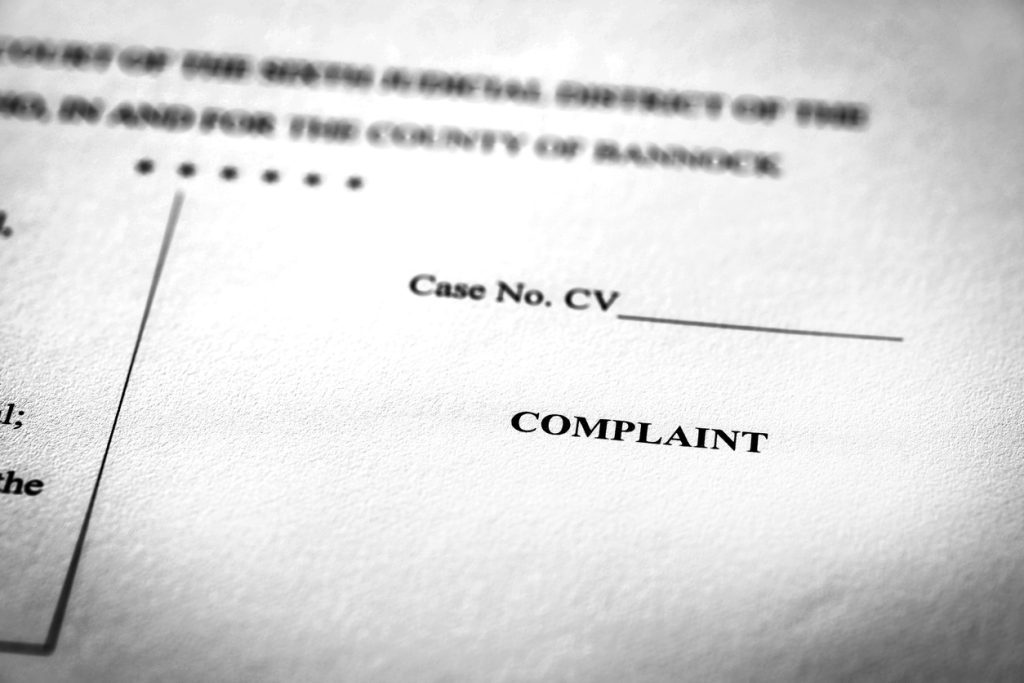If you’ve recently been released from a BOP facility, your release date probably came a little sooner because of the First Step Act and FSA Time Credits. But now that you’re out on home confinement, you have questions. More than anything, you’re wondering whether you can continue earning FSA Time Credits while you’re out on home confinement. As of now, the answer to that question isn’t clear.
As a result of a recent decision from a federal judge in Kansas, however, one thing is clear: You probably can’t earn FSA Time Credits for your employment while on home confinement. This ruling comes from United States District Judge John W. Lungstrum from the United States District Court for the District of Kansas in a case called Ahlers v. United States Department of Justice issued on Nov. 22, 2022.
What happened in Ahlers v. United States Department of Justice?
Ahlers v. United States Department of Justice arose out of a habeas petition filed by Michael Tae-Kim Ahlers. Mr. Ahlers is an unrepresented former prisoner on home confinement in Kansas. While in BOP custody, Mr. Ahlers earned, and the BOP applied, 64 and then an additional 15 days of FSA Time Credits for his participation in evidence-based recidivism reduction programming and productive activities.
Once the BOP released him to home confinement based on the application of those FSA Time Credits, Mr. Ahlers started working. And, in his habeas petition, he argued that he should be awarded an additional 115 days of FSA Time Credits for his employment on home confinement. But Judge Lungstrum denied his petition and ruled that Mr. Ahlers was not entitled to those FSA Time Credits.

Why did Judge Lungstrum refuse to order the BOP to award Mr. Ahlers FSA Time Credits for his employment on home confinement?
This outcome is undoubtedly disappointing to anyone on home confinement who wishes to earn FSA Time Credits. But Judge Lungstrum’s decision makes sense. According to Judge Lungstrum, “[t]here is no authority … requiring the BOP to recognize any employment or a particular activity as an EBRR program for which credit may be given.” Instead, the federal judge said, it’s discretionary.
Even though Judge Lungstrum recognized that the statutory definitions of “evidence-based recidivism reduction programming” and “productive activities” are broad, he also recognized that the statute “does not require that all such opportunities be recognized as EBRR programs for which credit may be earned.” That is “because the BOP has discretion regarding which programs qualify for the credit….”
What does the decision in Ahlers v. United States Department of Justice mean for other people on home confinement?
On the surface, Judge Lungstrum’s decision in Ahlers v. United States Department of Justice seems disappointing. The purpose of the First Step Act’s Time Credits Program is to incentivize productivity and rehabilitation. Maintaining employment while on home confinement does both arguably better than any in-prison programming or activities could. For Mr. Ahlers, those incentives are gone.
But this is only one decision in one case. For every other person, the opposite outcome is possible. And the power to make that a reality falls exclusively on the shoulders of decision-makers with the DOJ and BOP. The BOP could adopt a nationwide rule requiring staff to count and apply FSA Time Credits for those on home confinement who successfully maintain employment as soon as tomorrow.

The Takeaway:
In Ahlers v. United States Department of Justice, a federal judge ruled that the BOP isn’t required to award FSA Time Credits to people who successfully maintain employment while on home confinement. That doesn’t mean, however, that people can’t earn FSA Time Credits for those who do. Instead, the decision to do so must be made by the DOJ and BOP.






